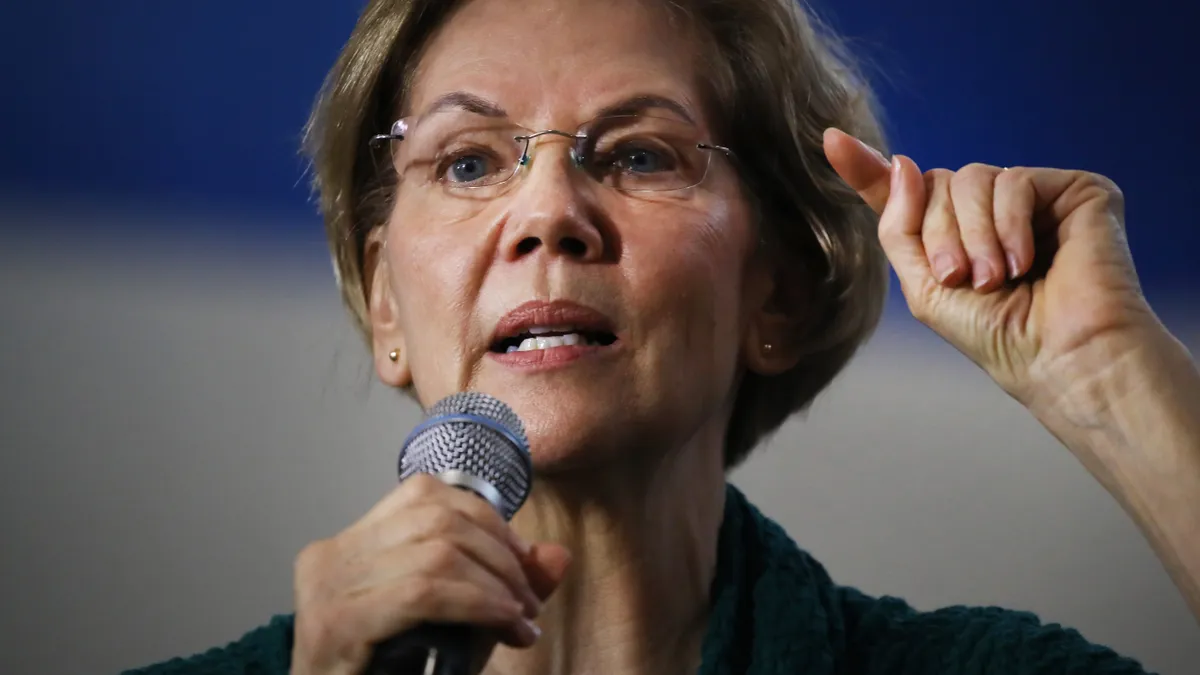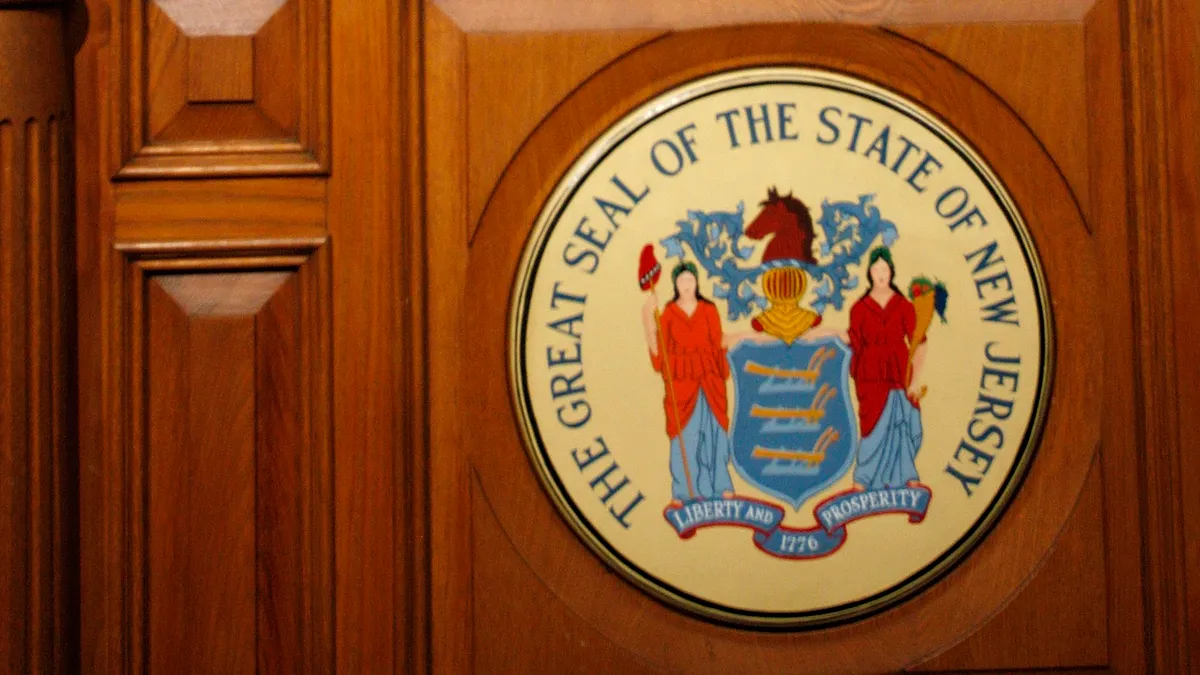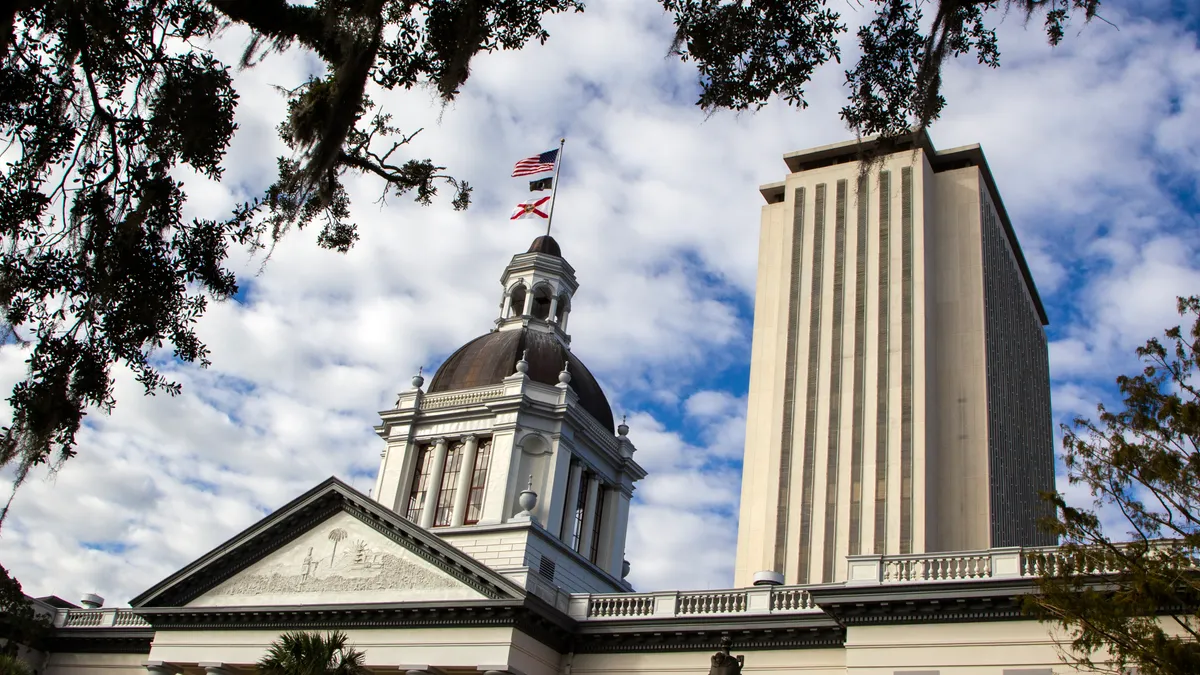The coronavirus pandemic has had a chilling effect on credit union-buying-bank deals so far this year after those transactions spiked in 2019.
A record 16 credit union deals for banks were announced last year, shattering the previous high of nine in 2018.
But only two credit unions have announced bank acquisitions in 2020. The $5.6 billion-asset Wings Financial Credit Union in Apple Valley, Minnesota, agreed in February to buy $224 million-asset, Mora, Minnesota-based Neighborhood National Bank, and Tinker Federal Credit Union in Oklahoma City last week agreed to buy Prime Bank of Edmond, Oklahoma. The $4.4 billion-asset Tinker did not disclose the price it paid for the $285 million-asset Prime.
A third deal was stifled in January, when the Colorado Banking Board rejected Elevations Credit Union's attempt to buy Cache Bank & Trust. Just days before the board was set to vote on the tie-up, the Colorado Bankers Association wrote a letter arguing that credit unions can't be "authorized purchasers" of banks, according to language in state statutes.
Credit union-bank deals seemed to be forming at a pace similar to 2019’s prior to the pandemic, but many of those conversations have now been placed on hold, Michael Bell, a lawyer at Howard & Howard in Royal Oak, Michigan, told Banking Dive.
"They're not killed but paused," said Bell, who has advised many credit unions on bank acquisitions. "Depending on when [the pandemic] ends, I expect all of those things that are paused to heat right up. So either the end of this year will be really busy or 2021 will be busier than it was going to be."
The financial health of potential buyers and sellers has not been holding up deals, Bell said. Rather, bank and credit union resources are tied up dealing with the crisis, he said.
Dennis Holthaus, a managing director at Skyway Capital Markets in Tampa, Florida, told Banking Dive that most CEOs are more focused on protecting their employees and customers than looking at deals.
"Buyers are certainly on hold right now, but they are still interested in looking at acquiring a bank as a means of gaining scale and expanding their field of membership," Holthaus said. "But they also need to see how this environment will impact their own earnings and capital levels."
Sellers, meanwhile, are also sitting on the sidelines, possibly facing less favorable pricing than they would have found a few months ago.
Bank valuations have likely decreased as their stock prices have softened dramatically and loan quality has deteriorated. Additionally, it's unclear when banks will fully reopen and is difficult to forecast how the crisis will affect future earnings, Holthaus said. The environment may motivate more banks to sell to a credit union because those transactions are all cash, he said.
When credit union-bank deals pick back up, Bell said the geography will continue to spread. Tinker was the first Oklahoma-based credit union to announce a bank buy, and Bell said other states will see first deals in coming quarters, too.
One state that may be tapped out for the time being is Florida, home to six of 2019’s 16 deals — including Suncoast Credit Union's acquisition of Miami's Apollo Bank.
Richard Garabedian, a lawyer at Hunton Andrews Kurth in Washington, D.C., said he is skeptical that CU-bank deals will ever return to last year’s levels.
"I don’t know if the appetite is there as strong as it was in 2019," he said. "How many more banks out there are willing to sell just for cash?"
Rodney Showmar, CEO of the $1.3 billion-asset Arkansas Federal Credit Union in Jacksonville, Arkansas, has made no secret of his desire to acquire a bank to boost the credit union's growth.
A new acquisition target surfaced in February, before COVID-19 escalated, but Arkansas Federal removed itself as a potential bidder after a more detailed review revealed the bank did not meet the credit union’s standards, Showmar said.
Since the pandemic began, acquisition has not been at the top of Showmar's priority list, he said, and Arkansas Federal will be in a "wait-and-see" mode over the next few months.
Showmar said it is hard to speculate on how the pandemic is impacting deal pricing. "But there is nothing I see in the current environment that looks like it would help pricing from a sellers' perspective," he said.




















